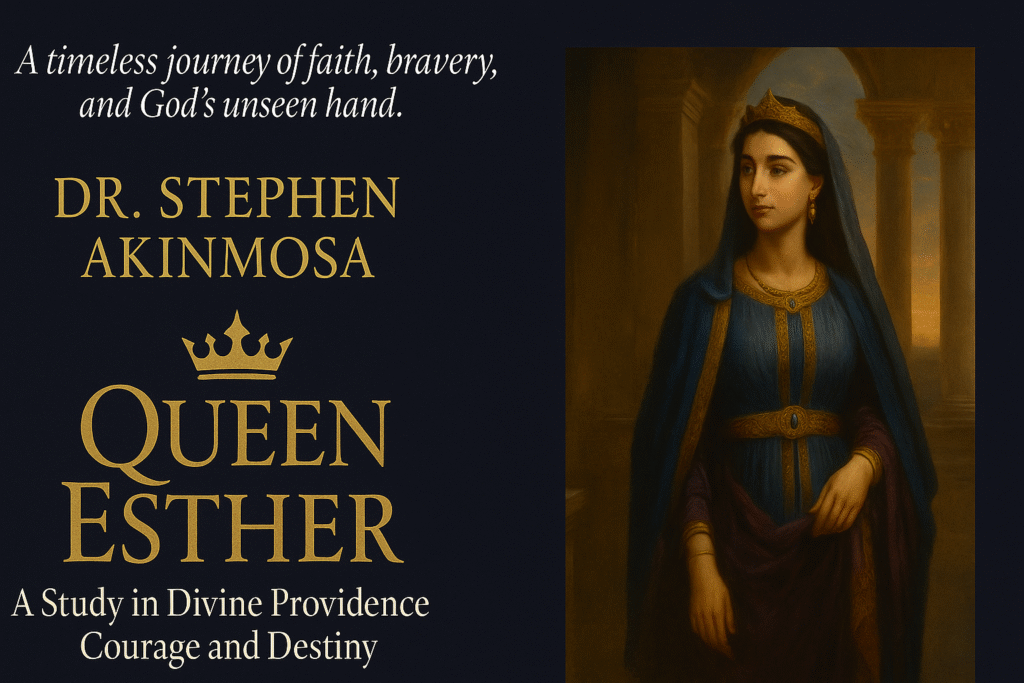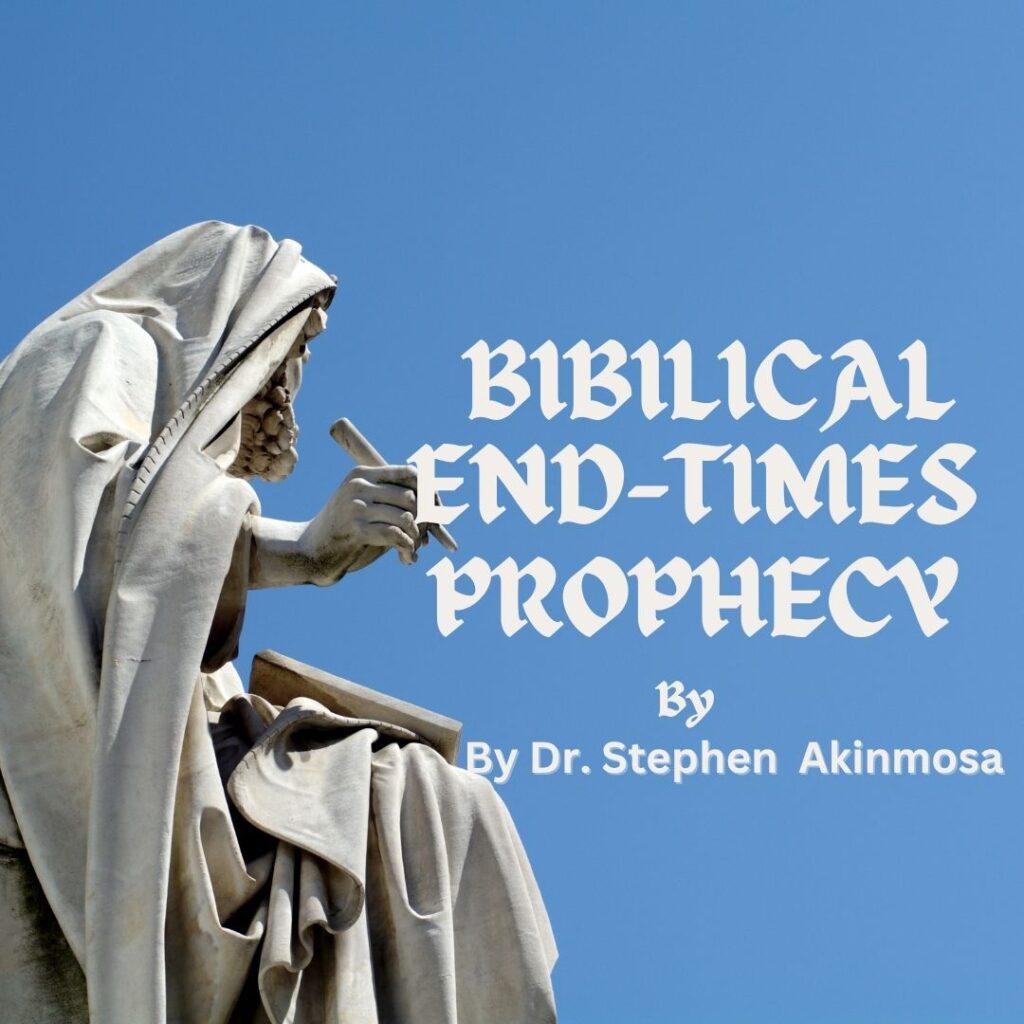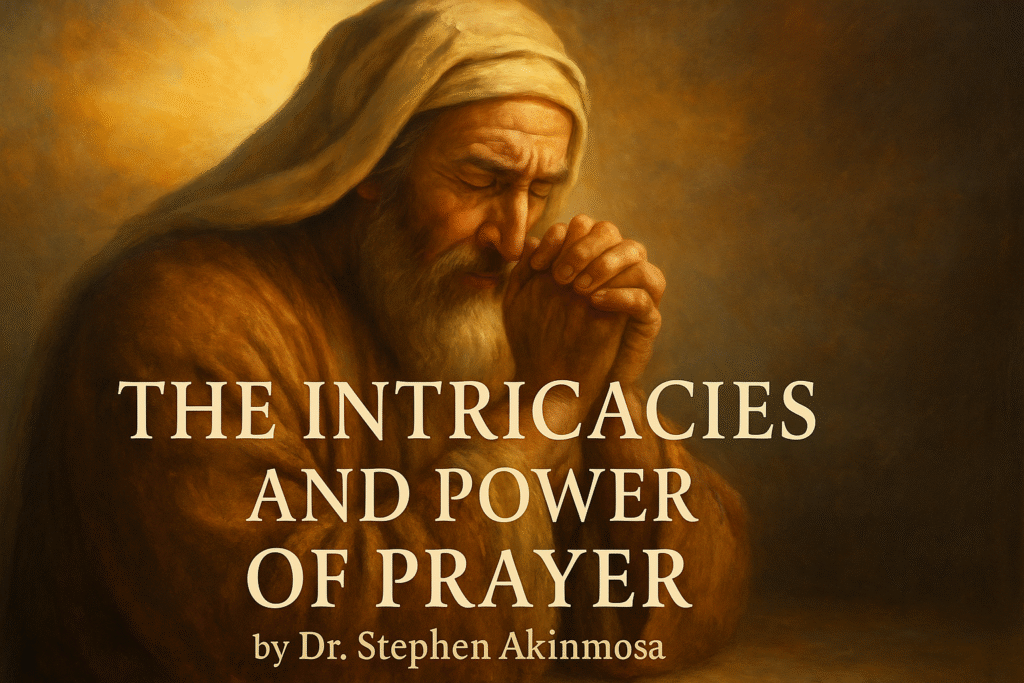The Life of Queen Esther — A Study in Divine Providence, Courage, and Destiny
A Story Shaped by Divine Silence and Sovereign Presence
The Book of Esther presents a unique biblical narrative — one in which God’s name is not mentioned even once, and yet His hand is seen in every twist and turn. Set during the reign of King Ahasuerus (commonly identified as Xerxes I), who ruled the Persian Empire from 486–465 BC, the story unfolds in the imperial court of Susa, one of the empire’s capital cities. At this point in Israel’s history, many Jews had remained in exile after the Babylonian captivity, although some had returned to rebuild Jerusalem.
The historical context is crucial: the Jews were a minority under foreign dominion, living in a vast empire with little political power or social security. In this fragile setting, God was preserving His people, not through visible miracles or prophetic interventions, but through strategic positioning and providential timing.
The narrative opens with a dramatic scene: Queen Vashti, in a bold act of self-respect, refuses to obey King Ahasuerus’s degrading summons. Her removal paves the way for a kingdom-wide search for a new queen — a royal beauty contest. This seemingly superficial event becomes the divine platform for Hadassah, a Jewish orphan girl raised by her cousin Mordecai, to be propelled into destiny. Her Persian name, Esther, means “star” — and indeed, she rises as a light in dark times.
“He changes times and seasons; He removes kings and sets up kings.” — Daniel 2:21
Esther’s story is one of those divine mysteries where God seems hidden but is never absent. Through unseen arrangements, Esther is brought into the palace — not merely for her beauty, but for a divine assignment. Her rise to royalty was God’s silent preparation for the deliverance of an entire people.
From Obscurity to Royalty — The Making of a Queen
Esther’s background was anything but regal. An orphan, living in a foreign land, raised in the home of her older cousin Mordecai, she represents those whom society often overlooks. Yet her story illustrates the biblical truth that God specialises in raising the lowly to places of honour. As Psalm 113:7–8 declares:
“He raises the poor from the dust and lifts the needy from the ash heap to make them sit with princes…”
Esther entered the palace with humility, grace, and discretion. She “won favour” (Esther 2:15) not only with the king’s eunuch but with everyone who encountered her. Yet she kept her Jewish identity hidden, in obedience to Mordecai’s instruction — a decision that, while controversial, highlights the tension between identity and survival in hostile environments.
Once crowned queen, Esther might have assumed her assignment was complete. But God had a far greater purpose. The real test of her calling emerged with the rise of Haman, the Agagite, who was promoted above all other nobles. When Mordecai refused to bow before Haman, an ancient hatred ignited. Haman plotted the annihilation of all Jews in the Persian Empire, using his proximity to power to manipulate the king into signing a genocidal decree.
This moment catalysed the most significant transformation in Esther’s character. Mordecai’s message to her was direct and confrontational:
“If you keep silent at this time, relief and deliverance will rise for the Jews from another place, but you and your father’s house will perish. And who knows whether you have not come to the kingdom for such a time as this?” — Esther 4:14
This verse serves as the thematic heart of the book. Esther must choose between personal safety and national destiny. Her reply — “If I perish, I perish” — is a declaration of courage born out of conviction. At this point, Esther stops being merely a figure of royal favour and becomes an instrument of redemptive purpose.
Courage in Action — Fasting, Intercession, and Strategy
Before confronting the king, Esther requested that all the Jews fast for three days. This was not a passive request, but a spiritual mobilisation. Though the text does not mention prayer explicitly, fasting in the Jewish tradition was always accompanied by seeking God’s mercy. Esther understood that her mission required divine empowerment.
Approaching the king uninvited was a capital offence. Yet she clothed herself not only in royal garments but also in courage and faith. When the king extended his golden sceptre, sparing her life, it was the first sign that God’s hand was at work. Esther’s next actions were marked by shrewdness and emotional intelligence. She did not immediately expose Haman but invited the king and Haman to two private banquets — building tension and ensuring she had the king’s undivided attention.
At the second banquet, Esther revealed her identity and accused Haman of plotting her people’s destruction:
“We have been sold, I and my people, to be destroyed, to be killed, and to be annihilated.” — Esther 7:4
The king, shocked and enraged, ordered Haman to be executed on the very gallows he had built for Mordecai. The divine irony is unmistakable — the plotter falls into his own trap, fulfilling Proverbs 26:27:
“Whoever digs a pit will fall into it, and a stone will come back on him who starts it rolling.”
Esther’s intercession didn’t stop with Haman’s death. She pleaded again for the safety of her people. Since royal decrees could not be revoked, a new edict was issued allowing the Jews to defend themselves. What followed was not only deliverance but celebration.
The festival of Purim was instituted to commemorate this victory. The name comes from “Pur” — the lot Haman cast to determine the day of destruction. Again, God turned the enemy’s weapon into a testimony of joy. The Jews celebrated with gladness, feasting, and giving gifts — all because one woman chose to act with bold faith.
Timeless Lessons from Esther’s Life
1. God’s Sovereignty in Silence
Though the Book of Esther never names God, His providence saturates every detail. God is the unseen Author scripting redemption through ordinary events. This reminds us that even in seasons when God feels silent, He is powerfully at work.
2. Divine Appointments in Unexpected Places
Esther’s rise to the throne was not just about personal advancement. It was about timing, placement, and purpose. Wherever we are — in jobs, relationships, or situations — we must ask: Why has God positioned me here? We are called for “such a time as this.”
3. Courage Must Trump Comfort
Esther could have remained silent. But her courage changed the fate of a nation. Often, fulfilling God’s call requires risking our comfort, reputation, and even safety. True purpose is found beyond fear.
4. Wisdom in Influence
Esther’s strategic use of timing, speech, and discretion shows that godly influence is not loud or impulsive. It is wise, prayerful, and well-timed. Esther teaches us that influence must be stewarded, not squandered.
5. The Power of Identity
Embracing her Jewish identity was Esther’s turning point. Likewise, embracing who we are in Christ is foundational to walking in destiny. The enemy thrives when believers hide their faith — but breakthroughs come when we stand boldly in God’s truth.
6. Fasting and Spiritual Preparation
Esther didn’t act without first fasting and calling others to do the same. Spiritual assignments require spiritual strength. Fasting, prayer, and seeking God’s direction prepare us for decisive action.
7. God’s Reversal is Always Possible
Esther’s story is one of dramatic reversal — evil plots are overturned, the humble are exalted, and sorrow is turned to joy. This is the nature of the Kingdom. In our lives too, God can reverse hopeless situations when we trust Him and step out in obedience.
Esther’s Legacy for Today
Queen Esther’s life is not just a historical narrative but a prophetic blueprint for every believer called to stand in the gap. Her story reminds us that even when God feels hidden, He is still sovereign. Her courage inspires us to speak up, to embrace our identity in God, and to believe that divine purpose can find us even in exile, obscurity, or fear.
Esther did not start as a hero. But her willing heart and obedient spirit made her one. May we too become bold vessels of God’s providence, ready to act for such a time as this.
“Arise, shine, for your light has come, and the glory of the Lord has risen upon you.” — Isaiah 60:1







